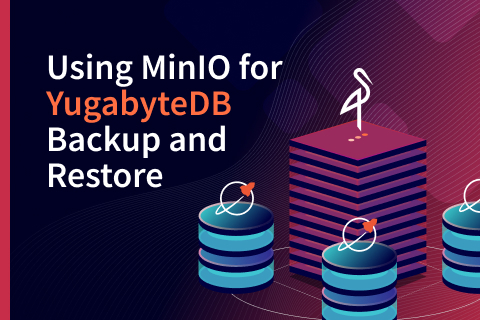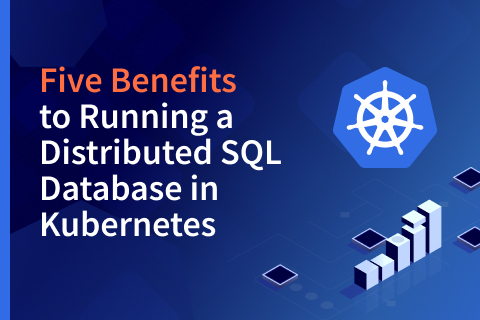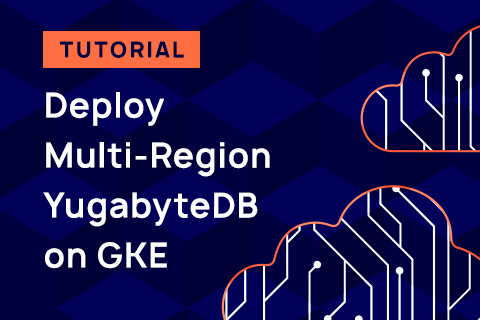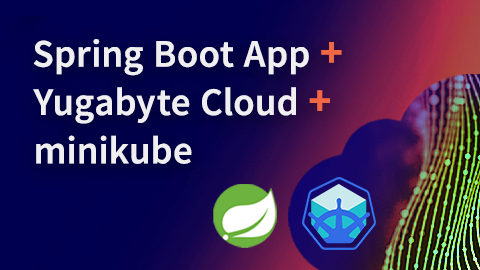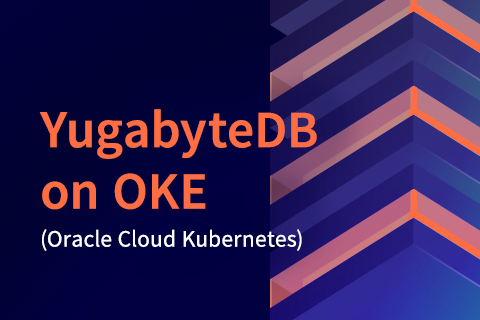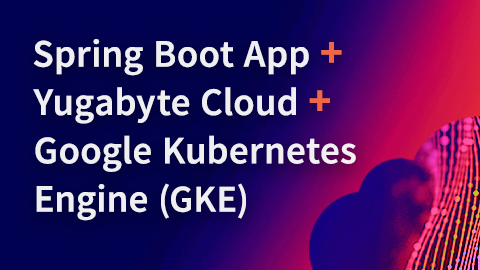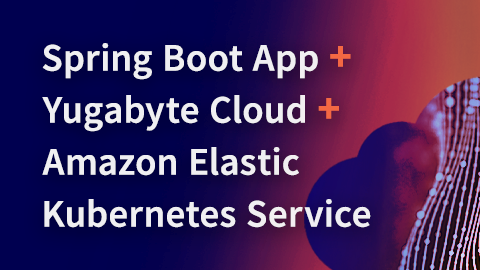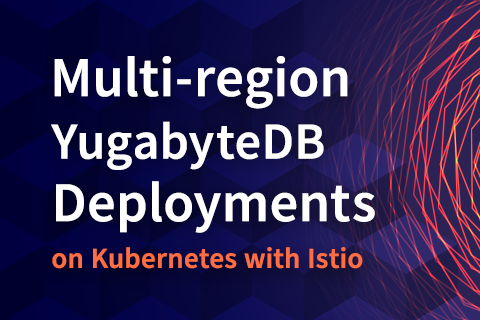How to Harness Kubernetes Operators for Efficient YugabyteDB Deployment
The enhanced YugabyteDB Kubernetes Operator significantly simplifies the deployment, management, and scaling of YugabyteDB in cloud-native environments. Discover how it automates complex operations to enhance reliability and allows developers and operations teams to focus more on development and less on infrastructure management.

